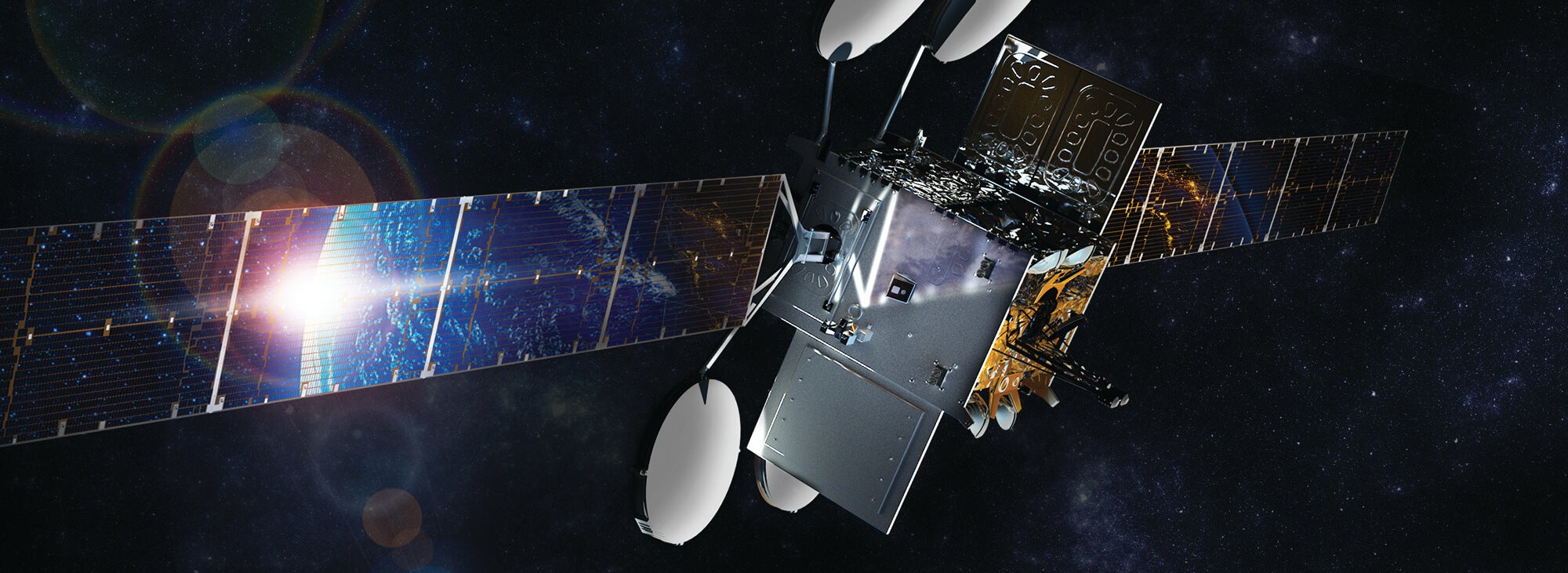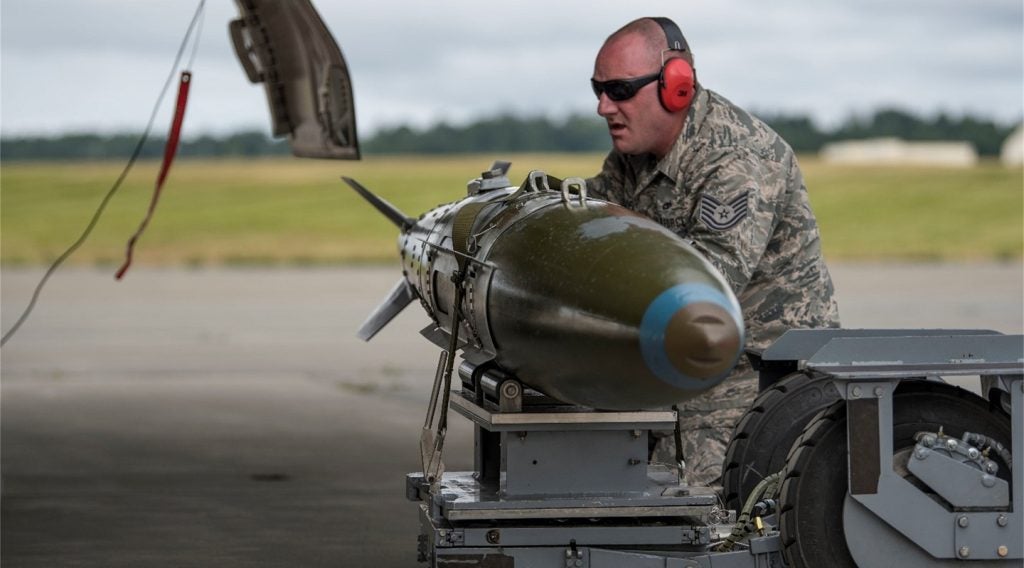
“We are in this era of highly unrestricted, highly competitive warfare with adversaries that are influencing as much on soft power as they are on hard power. I think those adversaries are investing heavily in areas of those new technology brands,” Beeching told Air Force Technology. He added: “We’ve seen what the likes of China and some of the others are heavily invested in to try and get ahead of this. I call it the ‘space and digitisation race’ that we’re now in.”
The space domain has in recent years become of increasing importance to defence and adversaries, and traditional western powers have looked to step up their presence from a defence perspective.
This has seen most recently the UK confirming its plans to develop a Space Command, a move preceded by the US and France, and Russian tests of an on-orbit anti-satellite weapon. While space is crucial for defence, something the US realised during operation Desert Storm, it is also vital to day-in-day-out of civilian life, being critical to services including GPS and banking.
This access is not always going to be assured, with the testing of anti-satellite weapons and cyber capabilities highlighting the importance of ensuring that space assets are safeguarded.
The UK’s new defence budget and formation of the Space Command go some way towards firming up the UK’s footing in the domain. Beeching, however, explained that the UK needs to go further to ensure its space capabilities, adding that the blurring of the lines between the traditional domains had made space even more important.
Beeching said: “I appreciate the government has just opened up an extra £24bn into the budget, but irrespective it’s facing these relentless and demanding challenges to act faster, to move faster, to stay ahead of these really evolving adversaries and these different threats.
How well do you really know your competitors?
Access the most comprehensive Company Profiles on the market, powered by GlobalData. Save hours of research. Gain competitive edge.

Thank you!
Your download email will arrive shortly
Not ready to buy yet? Download a free sample
We are confident about the unique quality of our Company Profiles. However, we want you to make the most beneficial decision for your business, so we offer a free sample that you can download by submitting the below form
By GlobalData“I see space and digitisation being at the centre and a lot of the opportunities that occur because we talk of the five domains, I think the five domains from communications from assurance and resilience is becoming more and more blurred.
“So you really do want to be talking about how do I get to my battlespace communications and offer the ability to deliver my missions, improve my effects, reduce fratricide and keep our service people really safe.”
To achieve this, he recommended that defence more closely integrates with the private sector to achieve its goals. Beeching said: “I think the integration of the private sector, what it can offer, how it takes the best of breed and layer that into defence so they can focus on the missions is really important.
“Part of what we [at ViaSat] talked about at Defence Space was trying to say that the government has a really important role to play in that because of the way it adjusts its spending review and how it supports not only the strategic defence spend but the overall prosperity agenda spend around levelling up.”
During the Defence Space Conference Beeching spoke about the importance of investment in space from the Ministry of Defence (MOD) not being siloed to defence but being used to benefit the wider industry, and UK prosperity agenda.
The company is also advocating that the UK investment more heavily in Space STEM, diversity and the broader industry so that opportunities in space can be more readily identified and brought to bear. Viasat sees a more diverse workforce and base of recruits into the Armed Forces as key to achieving this.
On the wider importance of space, Beeching noted: “This new digital economy with 5G, and autonomous smart cities which are all interconnected through this IoT or Internet of Things approach, Space is at the centre of that. We need to be able to make sure that we take all of those investments, and layer it appropriately to get the best for the country and our networks.”
Beeching advocated for a move to a process wherein which defence, government and industry are engaged in a continual process of engagement which would allow both sides to bring ideas and innovations to each other’s attention when they arise, not just after a contract award.
Beeching added: “In a way, it is a total procurement reform through those elements that say on this new guiding technology, on these innovations, how do we create a continual cycle that moves forward, each and every time.
“That means the government needs to truly invest in space if it wants to be a world leader, we invest in ESA (European Space Agency), but we need to be having in the equivalent scale of investments at a national level to drive it, and we need to be investing in our STEM programmes, in graduates, in the youth and driving interest but across the whole space agenda.”
Beeching explained that while rockets and satellites rightly garner interest, less attention is paid to the computer science roles that are vital in developing the algorithms, artificial intelligence, machine learning systems and software needed to operate them.
He added that these roles, as networks become more contested and congested would only become even more important, and more critical to not only the private sector but also for defence.
Beeching said: “I can see those jobs, and those roles becoming more and more important, but they need direct investment through things like innovation centres.
“I think to some degree that idea is starting to be reflected in the Secretary of State for Defence’s recent £24 billion investment talking of AI and machine learning, and cyber, but to get the best out of it we need a process to say, this is what I need and where I need it, and a forum under which to continually evaluate the marketplace.”







